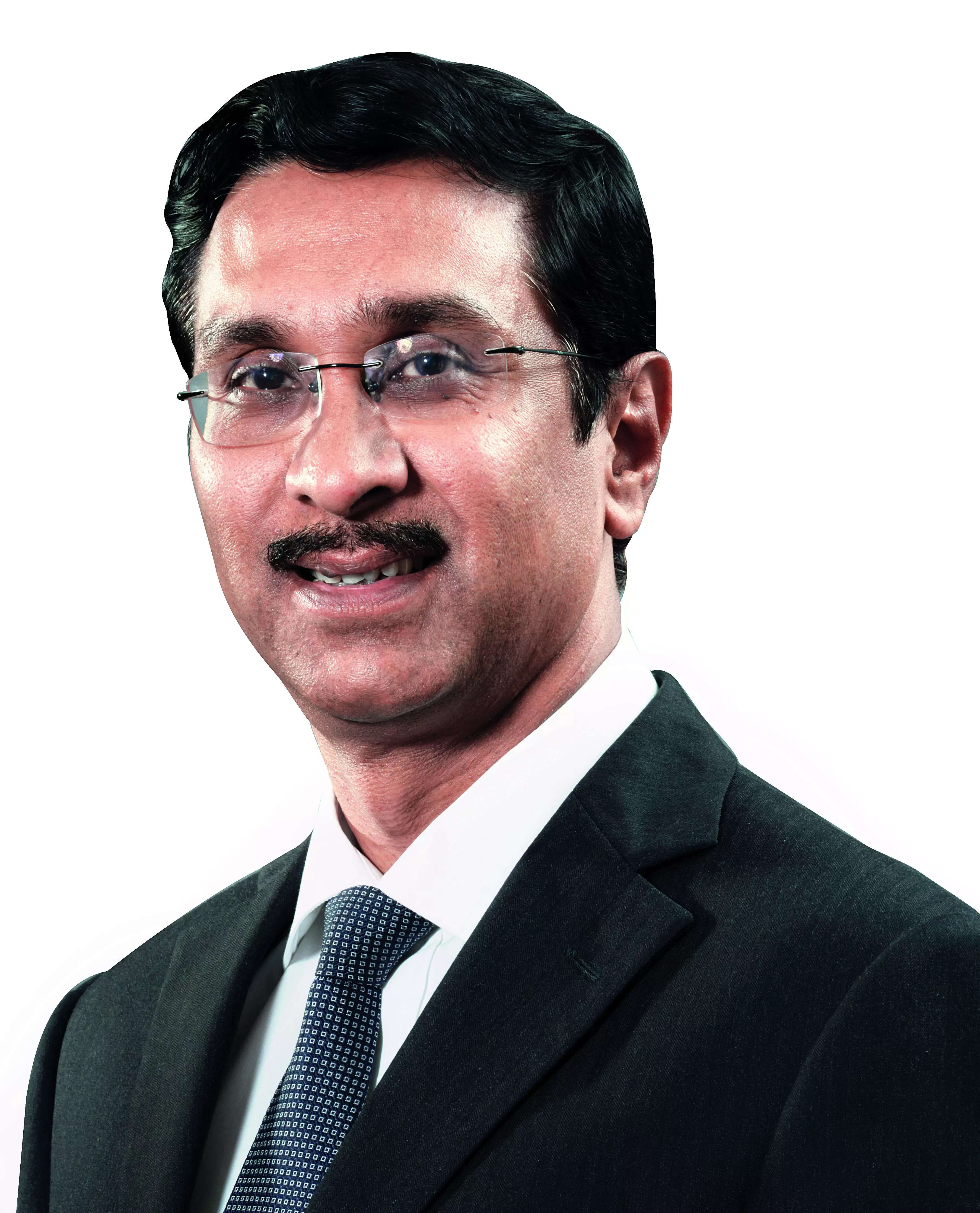
Debt is not a concern for JSW Steel as the company’s financial ratios remain healthy and it invests in expansion, joint managing director Jayant Acharya said.
The Mumbai-based steelmaker has a consolidated net debt of INR 69,195 crore as of September 30, growing more than 5% year-on-year and almost 4% sequentially.
“I don’t think debt is a concern at all,” Acharya told ET in an interview. “Our cash position and undrawn lines are also quite healthy.”
JSW Steel‘s net debt to Ebitda ratio stood at 2.52 at the end of the September quarter.
While the latest numbers for peers are not released yet, as of March 31, Tata Steel and Jindal Steel and Power (JSP) had net debt to Earnings Before Interest, Taxes, Depreciation, and Amortization (Ebitda) ratios of 2 and 0.7 compared to JSW Steel’s 3.6.
Acharya said the company’s debt ratios were in a comfortable position.
“We do not see any pressure because of the debt on our brownfield expansions or any kind of acquisition which makes structural or economic sense to us,” he said.
The stock of JSW Steel closed 2.9% lower on Monday at INR 747.9 on the BSE.
At a time when the cost of capital is soaring globally following interest rate hikes by the US Federal Reserve and other central banks, JSW Steel is refinancing some of its debt locally to maintain a lower borrowing cost, Acharya said. The company has also tapped export credit agencies (ECA) of countries where it purchases its equipment from to access affordable debt, he said.
JSW Steel’s weighted average rate of interest was 7.27% during the July-September quarter, he said, compared to 7.13% in the preceding quarter. Currently, 57% of its total debt is denominated in foreign currencies, while the rest is in rupees.
During the steel upcycle last year, when prices surged to all-time highs, most domestic steelmakers used the higher earnings to pare debt. However, JSW Steel focussed on expansion capital expenditure. “If we don’t participate in the growth story of this market, we will miss the bus. We are making sure we are there to meet the domestic demand that is visible in India,” Acharya said.

